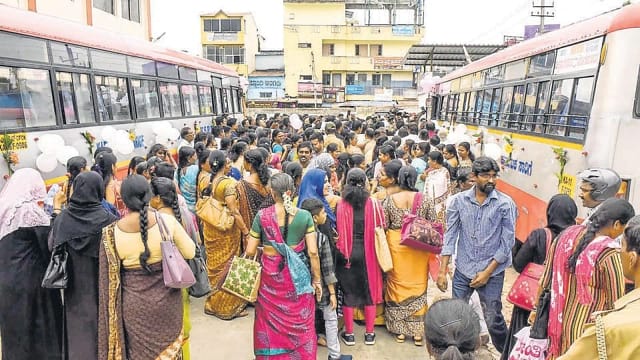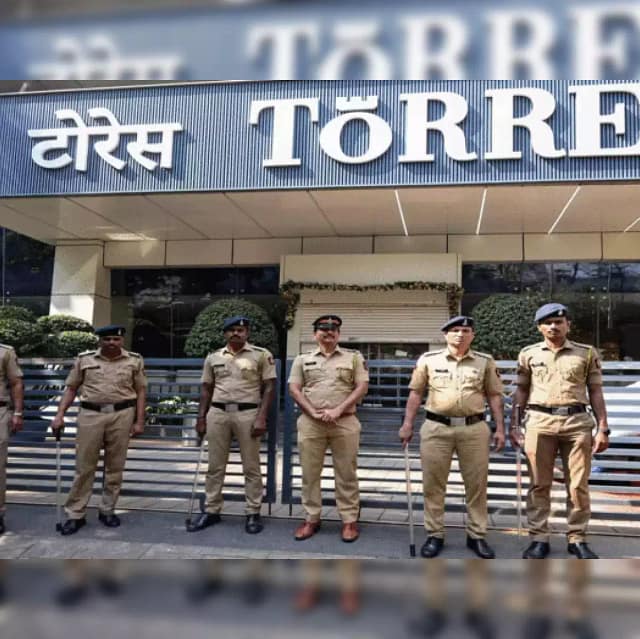Former Prime Minister Manmohan Singh, a pivotal figure in India’s economic transformation, passed away on December 26, 2024, at the age of 92. He died at the All India Institute of Medical Sciences (AIIMS) in New Delhi after experiencing a sudden loss of consciousness at his residence.
Singh, who served as India’s 13th Prime Minister from 2004 to 2014, was renowned for his role in liberalizing the Indian economy. As Finance Minister in 1991, he introduced significant reforms that shifted India from a state-controlled to a market-driven economy, fostering substantial growth and development.
Born on September 26, 1932, Singh pursued higher education at Cambridge and Oxford, earning a doctorate in economics. His academic prowess led to esteemed positions, including Governor of the Reserve Bank of India and Finance Minister. His tenure as Prime Minister was marked by notable achievements, such as the landmark civil nuclear agreement with the United States in 2008, which significantly enhanced Indo-US relations.
Despite his contributions, Singh’s administration faced challenges, including allegations of corruption and internal party conflicts during his second term. Nevertheless, he remained a figure of personal integrity and humility, earning respect across political and public spheres.
Following his passing, tributes from leaders across the globe have highlighted the immense contributions of Manmohan Singh to India and the world. Prime Minister Narendra Modi called him “one of India’s most distinguished leaders,” acknowledging his pivotal role in shaping modern India through visionary economic reforms. Opposition leader Rahul Gandhi described Singh as a mentor and a source of inspiration, underscoring his integrity and dedication to the nation.
Singh’s tenure as India’s first Sikh Prime Minister marked a transformative era, with his leadership steering the country through significant economic and political challenges. He is celebrated as the architect of India’s economic liberalization, which set the foundation for its growth as a global power.
Singh is survived by his wife, Gursharan Kaur, and their three daughters. His legacy as a statesman, reformer, and compassionate leader continues to inspire future generations, leaving an indelible mark on India’s history.4o








